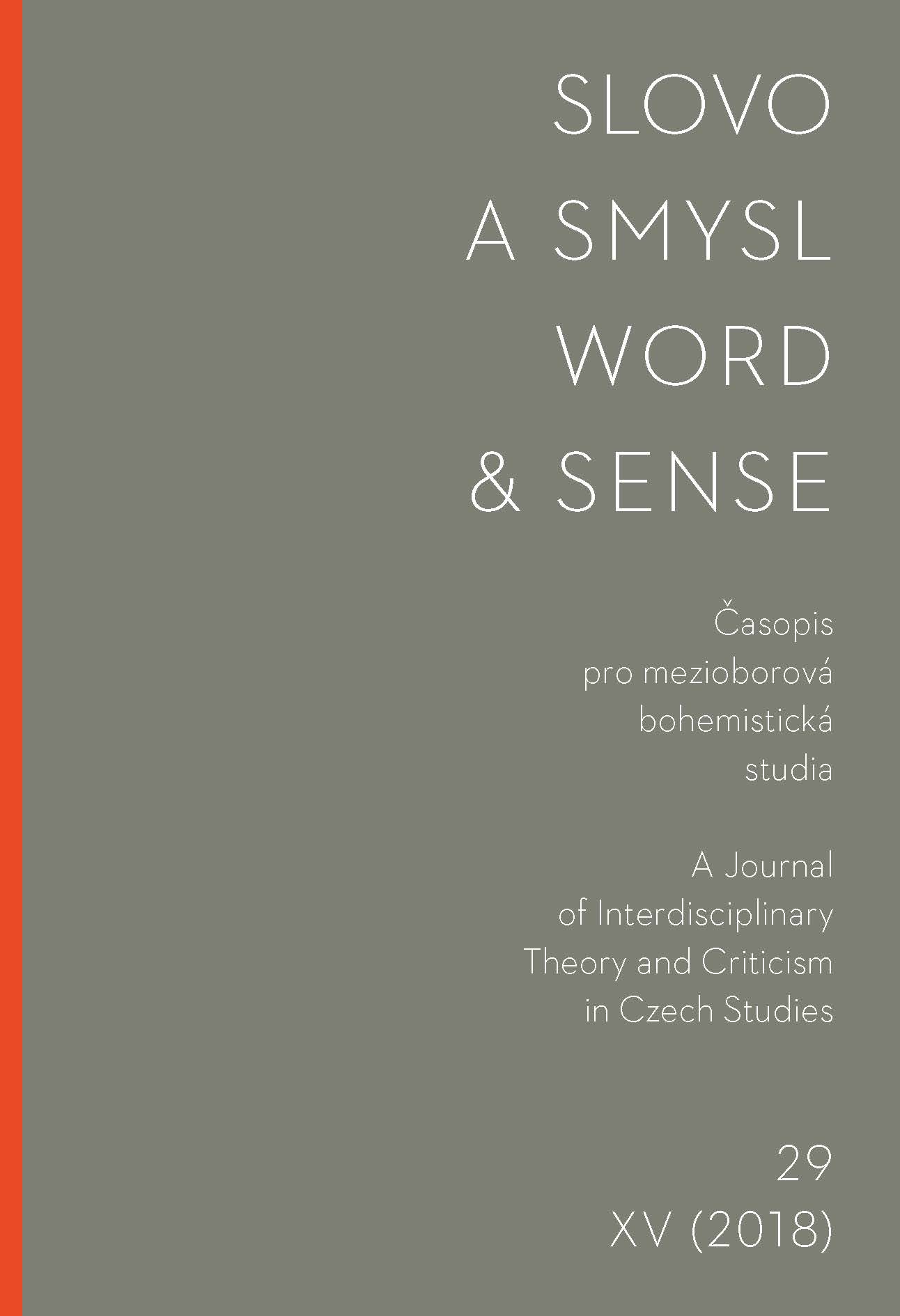Antigona je mrtvá? Ať žije Isména?
Antigone is Dead? Long Live Ismene?
Author(s): Tereza MatějčkováSubject(s): Language and Literature Studies
Published by: Univerzita Karlova v Praze - Filozofická fakulta, Vydavatelství
Keywords: new humanism; tragedy; fiction; myth; rationality; mortality; burial rituals; manipulation; heroism;
Summary/Abstract: Who is Antigone for modern man? The author takes the Hegelian interpretation as the background against which contemporary readings of Antigone appear. She emphasizes the fact that in the now popular readings, Antigone is — as in Judith Butler’s interpretation — a spokeswoman of the wretched and disadvantaged. Even though Butler retains Antigone’s heroic nature she places it in the service of the disadvantaged. In Mary C. Rawlinson’s reading, her heroic individuality is openly criticized, or this aspect is tempered as in the case of Bonnie Honig’s interpretation. In this context, Ismene’s rehabilitation is especially telling. Stressing Ismene as the true heroin, the authors focus on the openness for compromise and willingness to transform Antigone’s rage into new opportunities. The author takes this to be a confirmation of Hegel’s death of tragedy in modernity. Despite the popularity of Antigone today, the Greek heroin loses its grandiosity and monstrosity. The (post) modern Antigone now appears as a prosaic character fit to inhabit a modernity that shows more understanding for the innocence of the victim than the ambiguity of the hero.
Journal: Slovo a smysl
- Issue Year: 15/2018
- Issue No: 29
- Page Range: 87-98
- Page Count: 12
- Language: Czech

